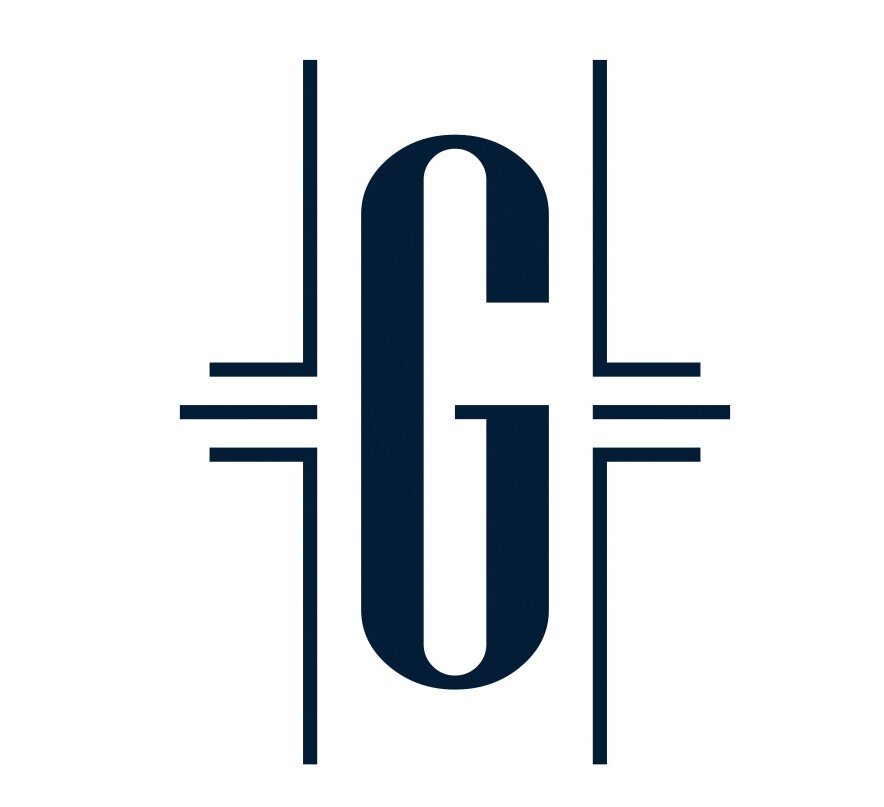A friend of mine recently had a shift in some of his most deeply held beliefs. While discussing what led to this shift, he made a comment about what he now considered "his side” versus "my side.” I paused for a moment, then quizzically asked him, "how many sides are there?" For while it was true that my friend and I now differed on a few very central beliefs, I still felt I had more in common with him than not.
This conversation caused me to start thinking that perhaps there is a better way to draw up “sides” than by narrowly defined belief systems. Maybe it would be more productive to draw up sides based on our overall attitudes towards people in general, those who appear to be similar to us as well as those who appear to be different.
For instance, I find that I prefer to spend time with people who don’t think they have all the answers, but instead are inquisitive about the world. I prefer to spend time with people who are quick to embrace and slow to judge. I prefer conversations that develop through mutual respect versus stalled communication that presumes to know what the other is thinking so “why even bother asking?” All of these examples ultimately have more to do with how we regard others than with belief systems.
I have talked to people of all walks of life and all shapes and sizes over the years and I can confirm that all in all, people are decent. And they are also self-serving. As the author Aleksandr Solzhenitsyn wrote in The Gulag Archipelago, "Gradually it was disclosed to me that the line separating good and evil passes not through states, nor between classes, nor between political parties either -- but right through every human heart." All humans have within them the capacity for good and for evil. If we are really honest with ourselves, we know this to be true.
Right now humanity is having to rely on, and trust, individuals, people. What a scary thing, when we know that all humans have the capacity for good as well as for evil. But, isn't it at all times, that we have to rely on, and trust, people?
I have concluded that suspicion and judgment are the enemies of progress. We can't waste time trying to decipher if this person or that holds the right "beliefs" before examining their proposed solutions. What if instead of asking "what do you believe?", we ask, "what does your perspective offer that mine may have missed?" In so doing, we may discover solutions sooner rather than later.
Julie Fiske
